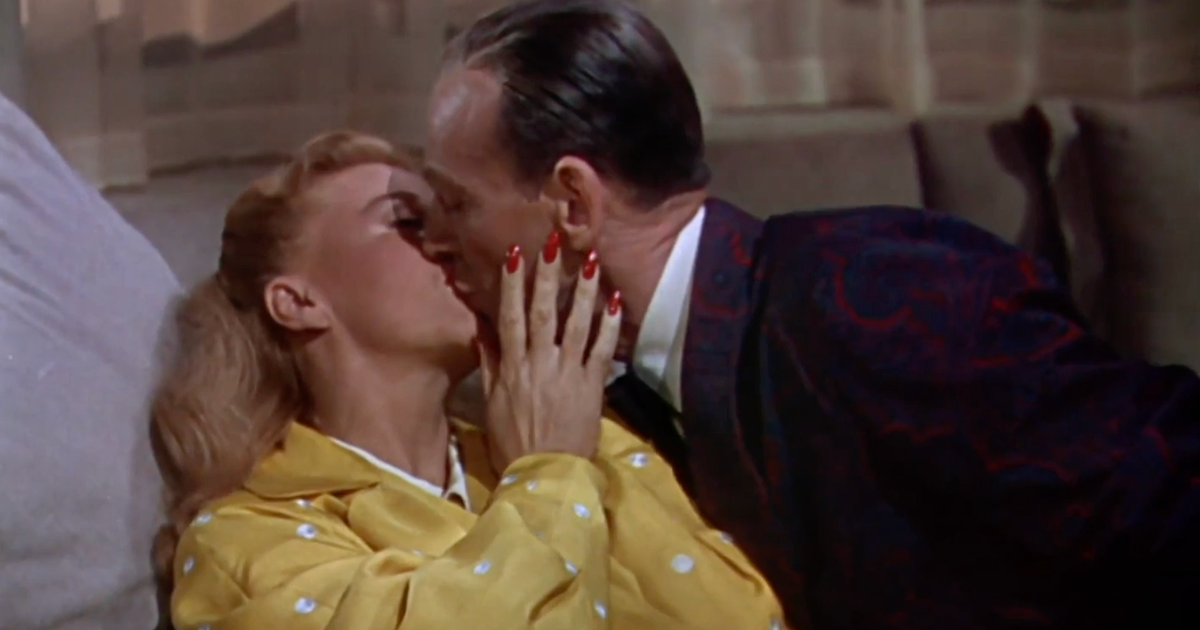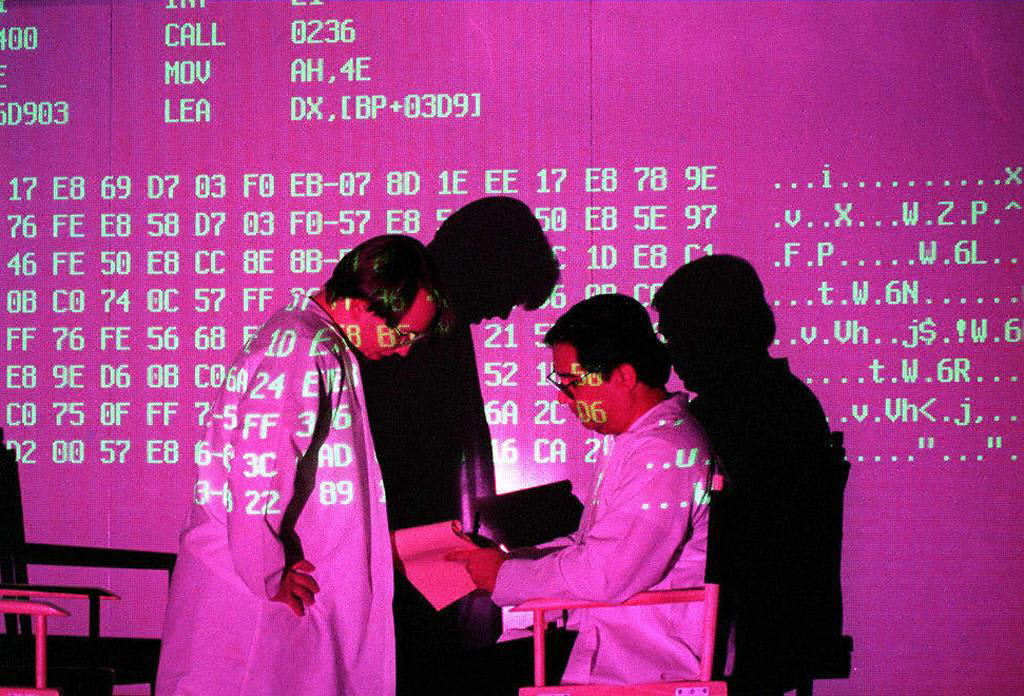Confronting the ugly reality of racial bias and "toxic cultures" in the workplace
Marriage and family therapist Shinique "Charli" Wright sent out two different sets of resumes when applying for a corporate job — one had her given name, the other only "Charli Wright."
Although their work history was exactly the same, Wright said "Charli" got about seven calls "to offer a job or offer interview." The resume with her own name only heard back twice.
"What happens, is oftentimes unconscious bias is in place. Sometimes just actual bias is in place. But people with equal qualifications and skills don't always get equal outcomes," LinkedIn career expert Andrew McCaskill said on "CBS This Morning" Thursday. "The unfortunate fact is that a lot of professionals are starting to feel like they have to whiten their resume or remove racial descriptors from their resumes."
McCaskill, himself a graduate of Morehouse College, said he "can't imagine" considering removing that credential from his resume.
Wright said part of her struggle was that it is "difficult for people to either remember my name or pronounce it correctly." She said people often ask her for her middle name or a nickname instead.
"Which definitely makes me feel ashamed of my name at times, because it seems like I'm not good enough or I'm stereotyped," she said.
The experience ultimately led Wright to create her own practice, specializing in culturally competent relationships.
However, Wright's disheartening experience is not unique — people with ethnic-sounding names are 50% less likely to be called back for a job, according to the National Bureau of Economic research.
Black Americans and people of color across the United States also face a myriad of other challenges when trying to find a job or climb the corporate ladder.
Research from 2019 found Black Americans only made up 3.2% of senior leadership roles at large companies.
"The onus is on the corporations to put things in place to make sure that racial discrimination in their hiring process doesn't creep in — and you have to be intentional about it," McCaskill said.
81% of Black professionals say seeing other Black people in positions of leadership would make their workplace more inclusive, according to a survey by LinkedIn. The site has been researching racial bias in hiring and retention of Black professionals as part of its new series, Conversations for Change.
Respondents reported limited opportunities, lack of senior leadership diversity, lack of mentorship and lack of support and belonging as obstacles they frequently encounter in the workforce.
"All of those things culminate to Black professionals feeling like that there's more opportunity outside of the workforce and working for themselves than working for companies and corporations," McCaskill said.
Consultant and entrepreneur Zachary Nunn said he experienced this lack of support firsthand when it came time to announce promotions — something Nunn said he was "gunning for."
"I'm actually doing all types of work, working in and outside of my business unit. I'm doing above and beyond," Nunn said. "I find out I got a white counterpart."
The colleague then quit "close to the top of the year," and came back just before promotions were determined, Nunn said.
"That guy got promoted with me," he said. "So equal outcomes, but effort was not equal."
Nunn himself has heard numerous, contradicting criticisms as a young Black man in corporate America.
"I've been told I'm too arrogant, too aggressive, sometimes not aggressive enough, too proactive, not proactive enough," he said.
To help combat the racism he and other young professionals experience, Nunn said he created Living Corporate, "a digital media network that centers and amplifies Black and Brown folks at work."
Nunn also placed responsibility with the companies themselves to create an anti-racist workplace.
"Gestures are cool, days off are cool, but the reality is, if you're not letting Black and Brown folks make actual decisions that can impact systemic change, you're not doing anything," he said.
Career expert McCaskill said employers could take this on by among other things, looking into a blind recruitment process where the only details they look at are a candidate's qualifications and skills.
"The other thing that they can do is, they have to hold themselves accountable. They need to start to measure and think about the number of people from underrepresented groups who are applying for roles and opportunities, and then juxtapose that to the number of folks who get callbacks and hired in the end," he explained.
McCaskill said one in four respondents to Linkedin's survey said they feared retaliation in the workplace — so for meaningful impact, business leaders should be the ones having "the hard conversations."
"We have to have allies in this process, that if you are a leader, you should be talking about inclusion because that sets the tone for culture," he said. "People are not leaving — they're just not leaving their jobs, they're leaving toxic cultures, and they're not wanting to have to deal with things like microaggressions at work or feeling like there's hopelessness at work."



